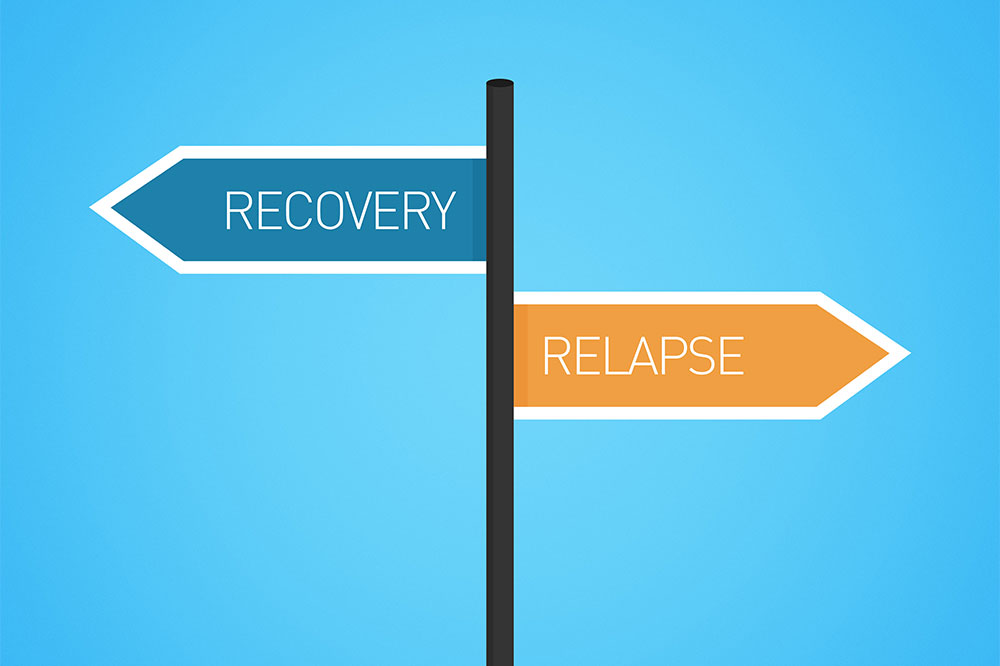Proven Techniques to Sustain Sobriety and Prevent Relapse
Discover comprehensive and proven strategies to maintain long-term sobriety and prevent relapse. This detailed guide emphasizes building a support network, engaging in group therapy, managing stress healthily, and staying active with positive activities. Learn how emotional support and lifestyle habits play crucial roles in sustaining a drug-free life, ensuring lasting recovery. Perfect for those seeking reliable methods to reinforce their commitment to sobriety and overcome challenges along the way.

Proven Techniques to Sustain Sobriety and Prevent Relapse
Overcoming substance dependence is a significant achievement, but the journey doesn't end once abstinence is achieved. Long-term sobriety requires ongoing effort, resilience, and strategic planning to prevent relapse. Substance dependency, whether involving alcohol, prescription medications, or illicit drugs, often stems from complex emotional, psychological, and physiological factors. Even after initial recovery, maintaining a drug-free life can be challenging due to triggers, stress, and environmental cues that may lead individuals back to old habits.
Understanding effective strategies to sustain sobriety and prevent relapse is crucial for recovering individuals. These methods not only bolster mental and emotional stability but also foster healthy habits that support a drug-free lifestyle. Implementing these techniques can increase the likelihood of long-term success and overall well-being.
Developing a Robust Support System
One of the most vital components of maintaining sobriety is establishing a strong and reliable support network. This network includes trusted friends, family members, counselors, and support groups dedicated to recovery. Having people to turn to during moments of vulnerability provides emotional comfort and practical assistance, helping individuals navigate the challenges of sobriety. Support groups such as Alcoholics Anonymous (AA), Narcotics Anonymous (NA), or specialized therapy groups foster a sense of community, connection, and shared experiences that can significantly reinforce motivation and resilience during difficult times.
While medical treatment and detoxification help the body heal from substance dependence, emotional support and psychological therapies are equally important in conditioning the mind to resist cravings. Engaging with mentors, sober peers, or former addicts who have successfully maintained sobriety provides valuable insights, encouragement, and proof that a drug-free life is attainable. These role models can share coping strategies and motivate individuals to stay committed to their recovery goals.
Participate in Group Therapy and Relapse Prevention Programs
Group therapy sessions offer recovering individuals a safe environment to share their progress, setbacks, and strategies. Listening to others' success stories and struggles fosters motivation, empathy, and a sense of solidarity. Many programs incorporate step-by-step relapse prevention techniques, emphasizing gradual progress, skill development, and building resilience. Recognition of achievements through rewards or acknowledgment helps reinforce positive behaviors and encourages continued effort toward sobriety.
Managing stress effectively is paramount because stress is a common trigger for relapse. Developing healthy stress management techniques—such as engaging in regular physical activity, practicing mindfulness and meditation, or exploring hobbies—helps maintain emotional equilibrium. Activities that boost mood, like spending time with loved ones, pursuing creative outlets, or self-care routines, can reduce the likelihood of turning to substances as an escape. Cultivating these habits supports better mental health and provides healthier outlets for dealing with life's pressures.
Staying actively engaged in positive, enriching activities is another powerful method to sustain sobriety. Keeping a list of healthy distractions—such as reading, watching movies, participating in social outings, or pursuing hobbies—serves as an effective way to redirect energy away from cravings. Recognizing both the personal and professional impacts of relapse serves as an important reminder of the importance of ongoing commitment. Celebrating small victories along the way helps build confidence and reinforces dedication to a drug-free lifestyle. Remember, recovery is a continuous journey that benefits from proactive strategies, resilience, and a supportive environment.





